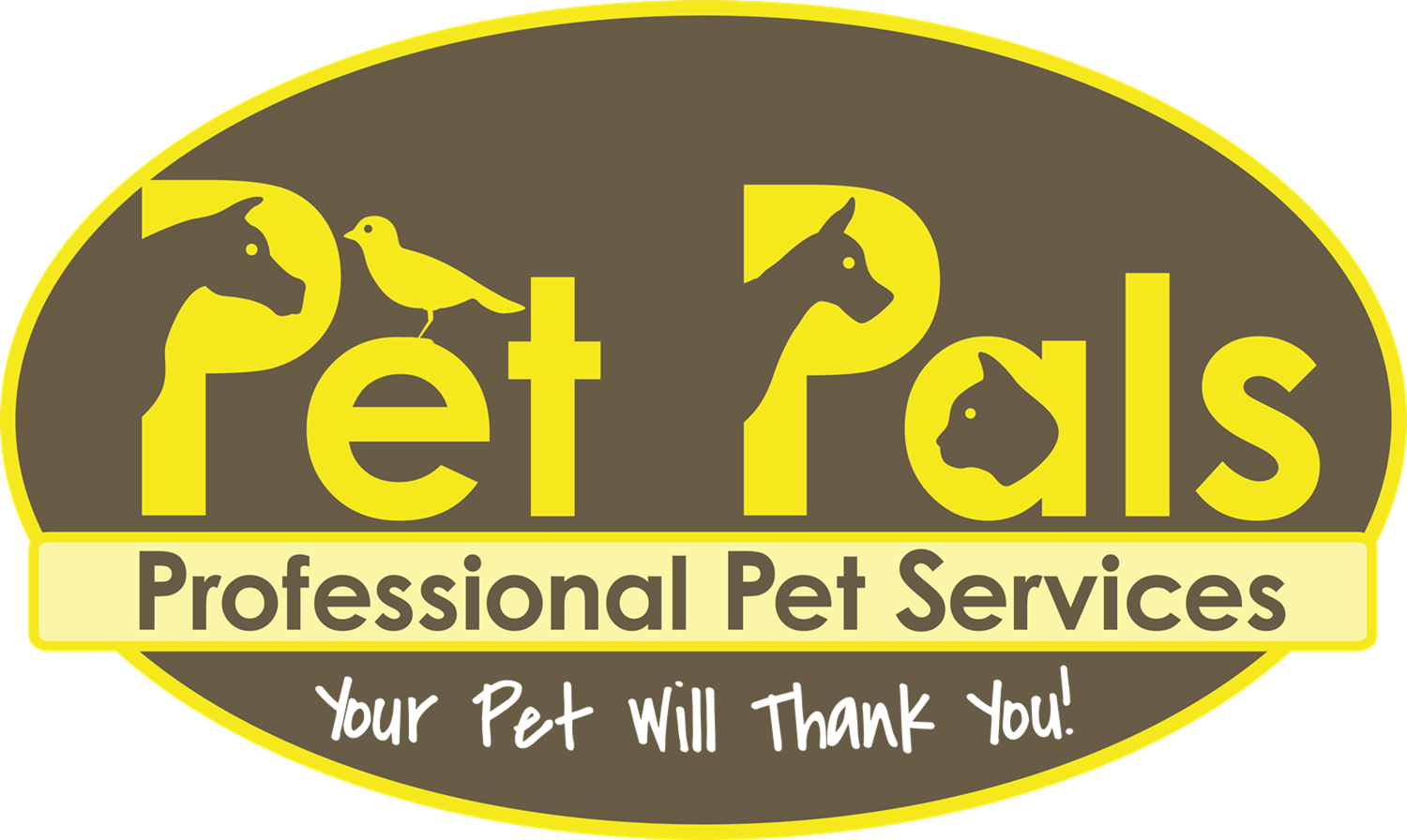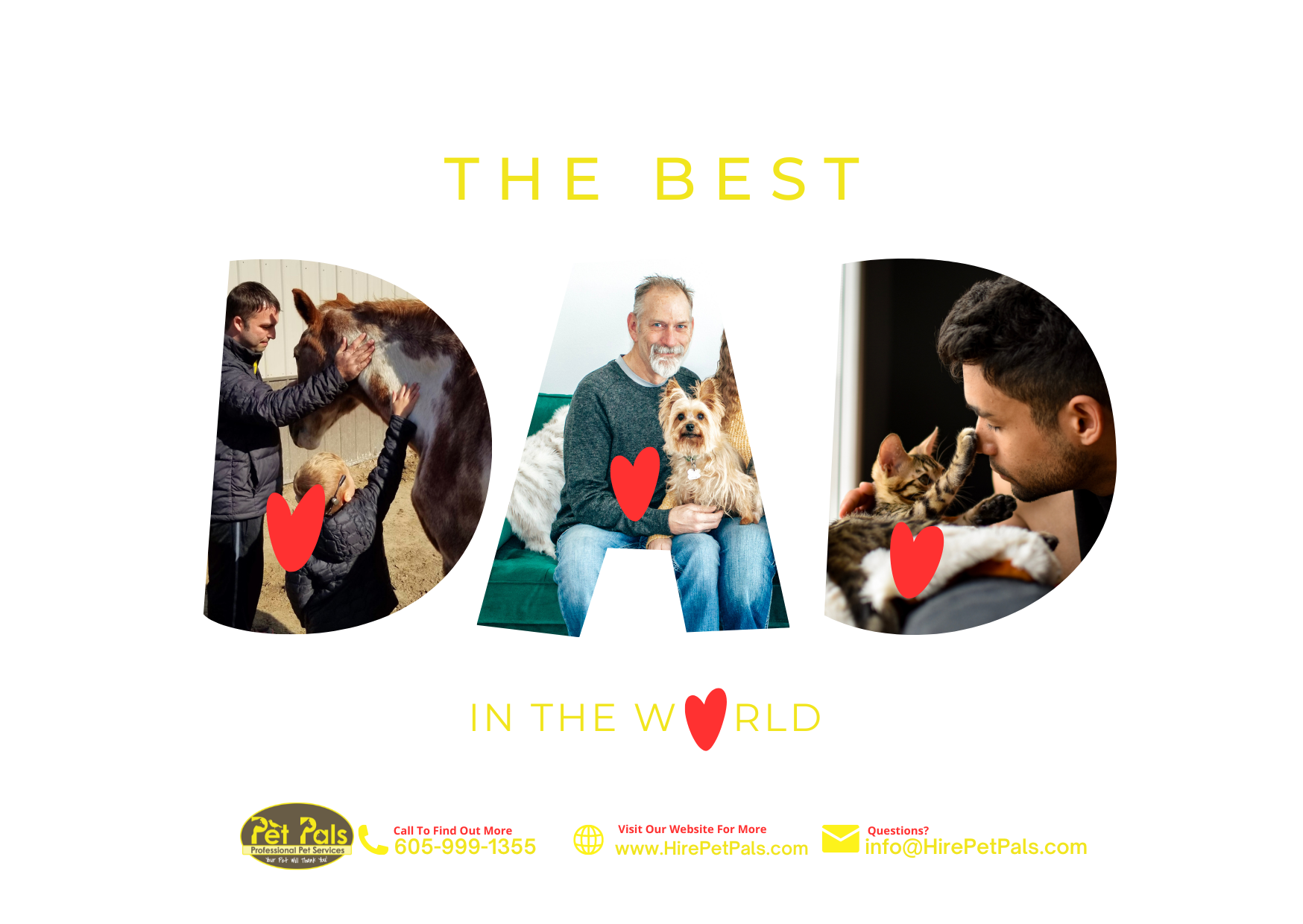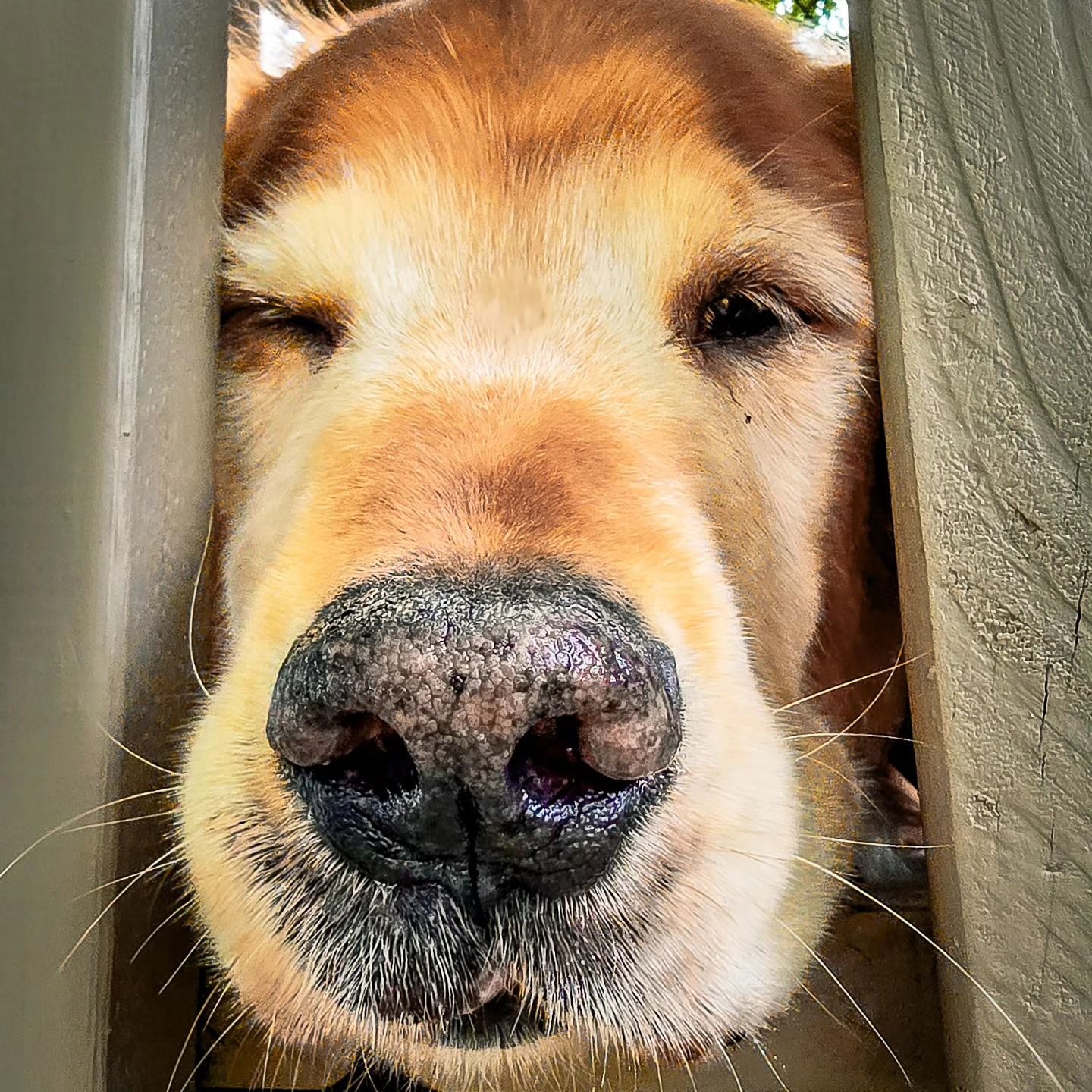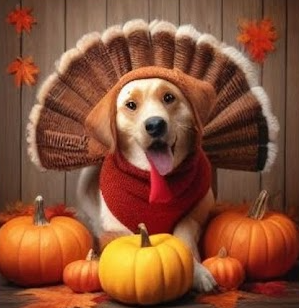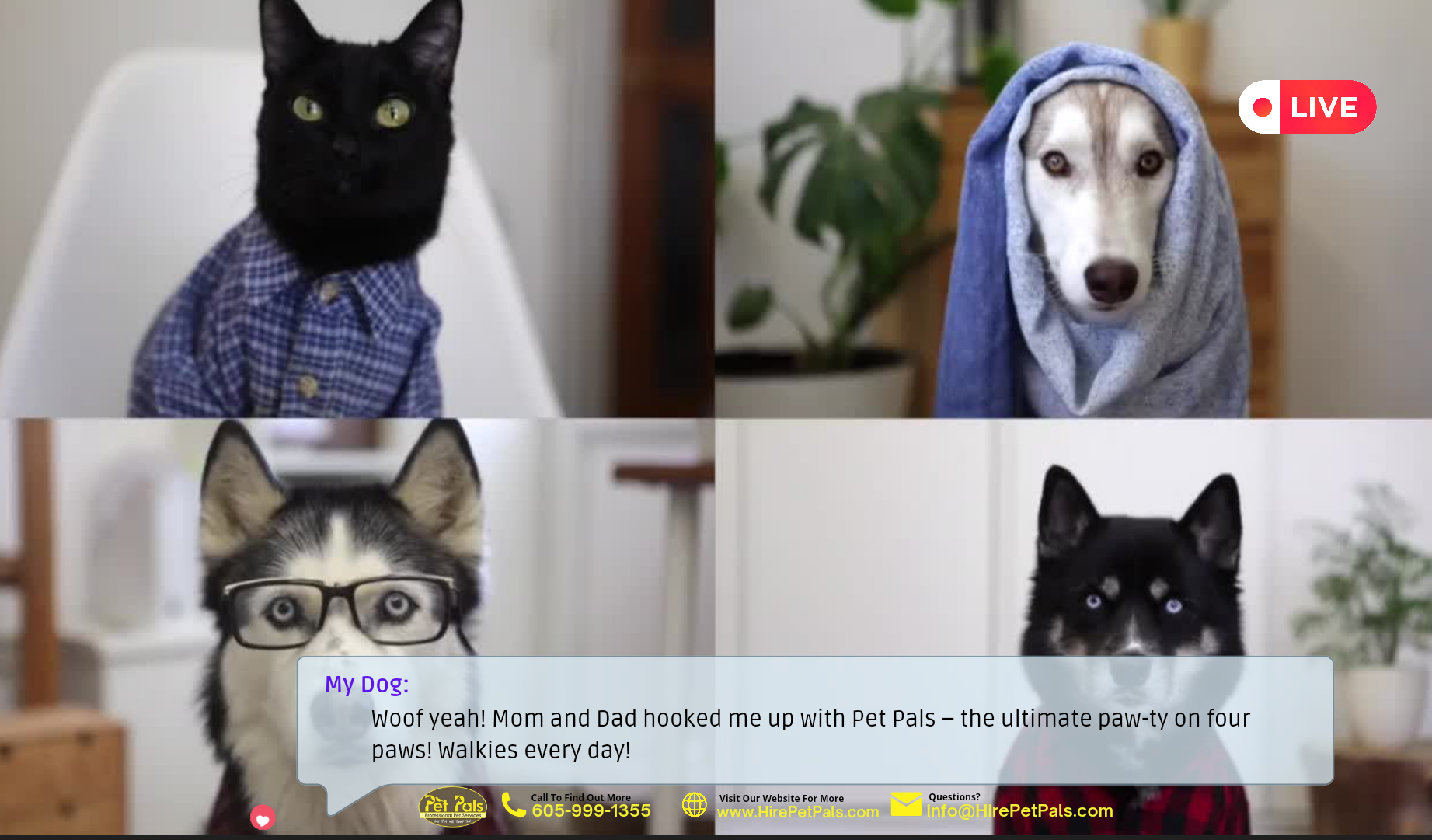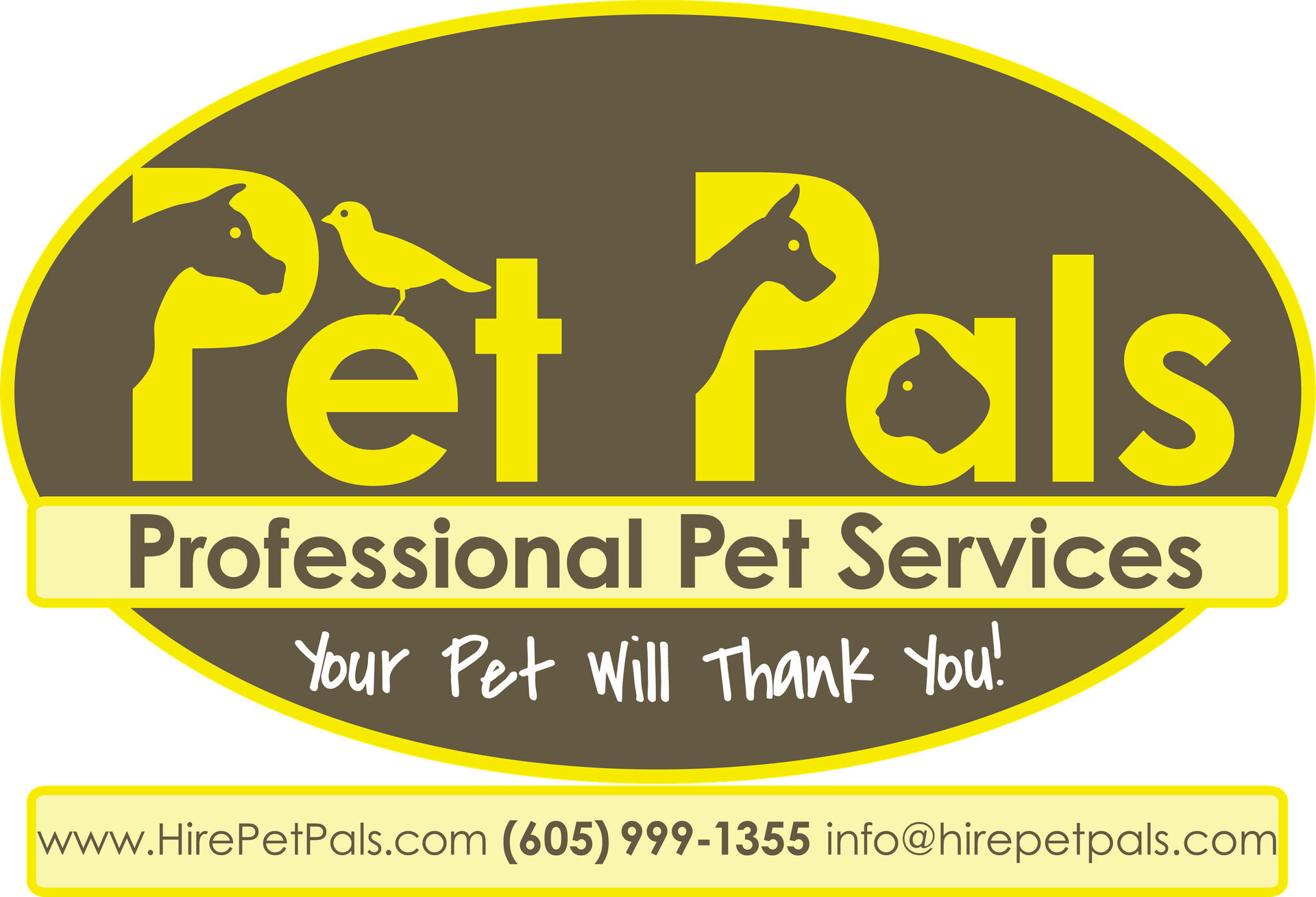Starting off on the right paw!
Pet Pals LLC • January 24, 2020
New puppy and older dog together. Introduction.
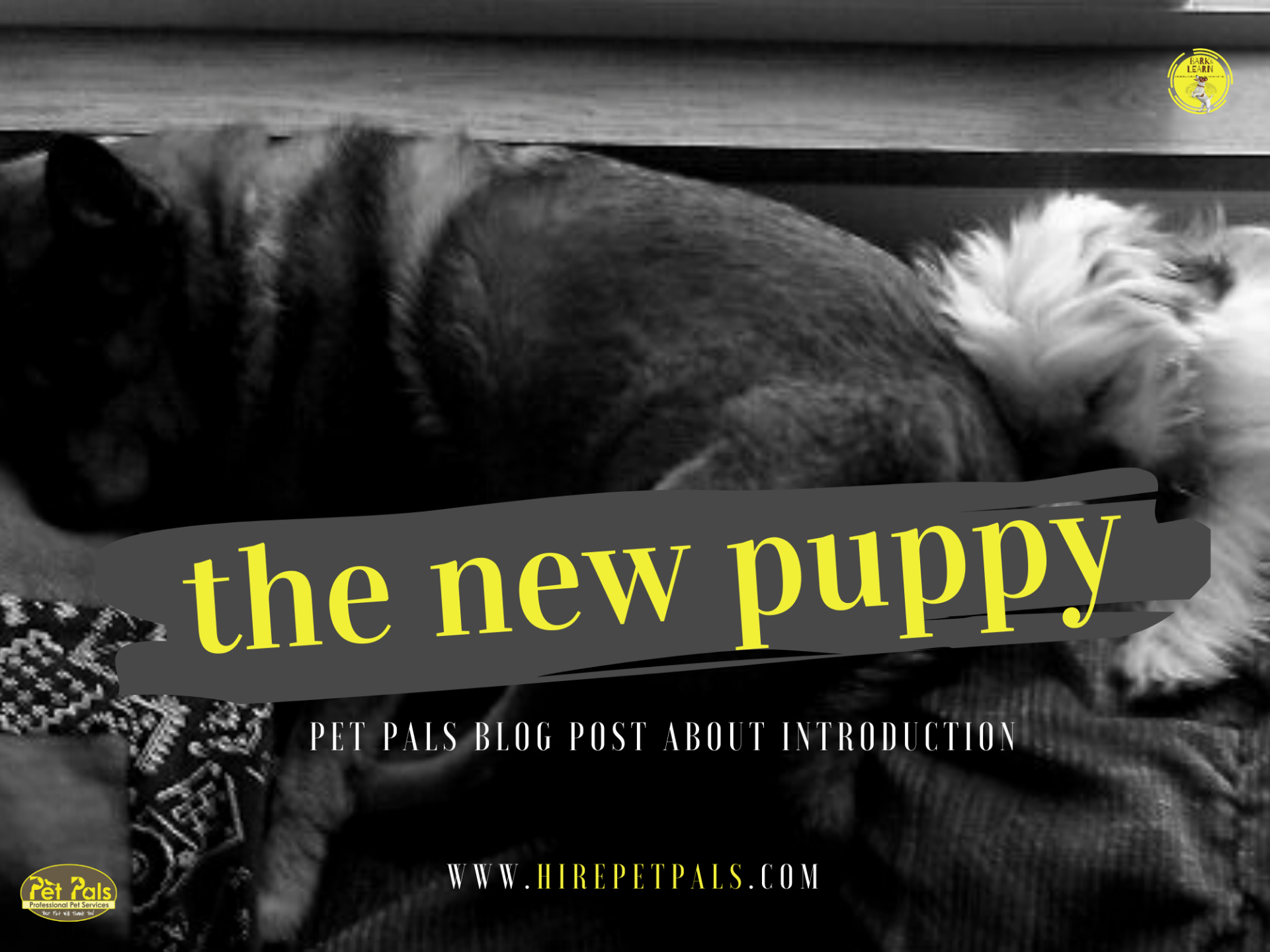
So puppy fever has struck again, and you want to know when to introduce your new puppy to your older dog. The good news is, it’s up to you! Provided of course that both your dogs are healthy and well, and your older dog has all their vaccinations up to date. There’s no magic trick to knowing the right time to introduce a new dog to one you’ve already had for a while. But whenever you decide to take the plunge, there are some tricks for making the transition as smooth as possible.
As you follow the tips below, the biggest hurdle to overcome will be the difference between the characteristics and needs of your new puppy, and your older dog. For example the high energy of a new puppy may be hard to balance against an older dog’s lower energy, preference for old routine, or any past injuries or pain. This can make playtime between these dogs tricky to manage. You’ll need to become a bit of an expert at reading your older dog’s body language. Diving right in on the most common question Pet Pals Dog Mentorship Programs receives when a new puppy (or new dog at any age) is brought home!
How long does it take for a dog to get used to a new puppy?
After about three weeks, some play between the adults and the puppy begins, although can take past four or five weeks before they will choose to play with the pup.
Neutral Territory Meet & Greets
Training expert Patricia McConnell recommends introducing dogs to one another in a completely neutral area, like a park or a friend’s house. Make sure the space is fenced-in so that you can let both leashes drag loosely on the ground. “Dogs can feel any slight amount of tension in their leash, and it gives them an overall feeling of tension in their body, too,” she says. If any problems come up, you can easily grab the end of the leash and separate the dogs safely. It’s important the first time to have a second person around to help separate the dogs. And keep an eye on that body language! Stay relaxed and playful, while always gauging the situation. Patricia recalls a particularly difficult introduction of a high energy new dog to an elderly dog of her own. “Whenever they did begin to sniff each other, and one dog looked tense, I’d cheerfully say, Let’s go on a walk! Keeping things moving is probably the most important thing anyone can do to help dogs become comfortable with each other.”
Be on the lookout for any signs of canine aggression. Signs of negative body language include:
· Hunching of backs
· Staring for long periods of time
· Raised fur on the back or neck
· Showing teeth
· Growling
Separate the pup and adult if either of them starts to exhibit aggressive behavior. Wait a few minutes, and then try again. Have treats handy to reward good behavior, and try to play with each dog.
You should also be on the lookout for positive body language. If the pup and adult greet each other with their tails up and their front ends lowered, that’s a sign they want to play, reward!!!!
Respect Your Adult Dog’s Feelings
You might have had your adult dog for several years. They’re probably used to having a lot of attention, love, and play time. It’s important to keep that love flowing when you bring the new pup home.
It may take time for your older dog to come around. Don’t expect your dog and the puppy to get along famously immediately.
That’s not to say it can’t happen, just don’t assume that’s going to be the case.
Your resident dog might be easygoing, but that doesn’t mean that things will go smoothly when you introduce the new pup. Your dog may get along fine with other dogs in the neighborhood, or even the cat! But that doesn’t guarantee instant success.
Give Positive Reinforcement
Introducing a new puppy to an adult dog will test your patience, but try to always stay positive. Have plenty of treats ready to reward good behavior. Positive reinforcement should be your top priority! If anyone is pushing a clicker, shock collar, choke chain, ect Pet Pals suggest to research that mode of training to assure it is best for your dog and your lifestyle. There is a lot to be said about, "shoot I forgot my clicker or choke chain and now my dog won't listen to me." Respect and positive reinforcement is POWERFUL!
Never punish the adult dog. As the dominant dog, it’s only natural for them to show some possessive, dominant behaviors at first. Growling, for example, is a warning. If you punish either the puppy or dog for this behavior, they might eventually bite without giving that warning. The dog may feel it’s not safe to growl if they associate punishment with this type of natural dog behavior. Positive reinforcement, rewarding the right, can teach them to behave and (eventually) accept the pup.
For older pets which are beginning to slow down, the introduction of a new young life in the household can provide a useful stimulus to activity. Older dogs by themselves tend to get ‘stuck in their ways’ – they spend more and more time curled up by the fireside. This can be a downwards spiral – the dog becomes less active, so starts to put on weight, and so becomes even less keen to do anything. Such an animal will not take kindly to a puppy at first – there will be growls and snaps when the puppy refuses to respect the older animal. In most cases, the older dog soon seems to realize that the younger animal is just an innocent young idiot, and the pup learns just how far the old codger can be pushed. In time, they often learn to enjoy each other’s company, and this has very positive effects on the old dog’s quality of life. Exercises more, loses weight and most importantly, a sparkle returns to the eyes. After all, must never let the cheeky young fellow get the better of him!
Email Submissions
Send us your email
address and we'll send you future Pet Pals emails containing promotions, event notices, blog updates, and more.
IMPORTANT:
Pet Pals is responsible and respectful with your email. We will not sell or give your email to other people and will not spam you.
